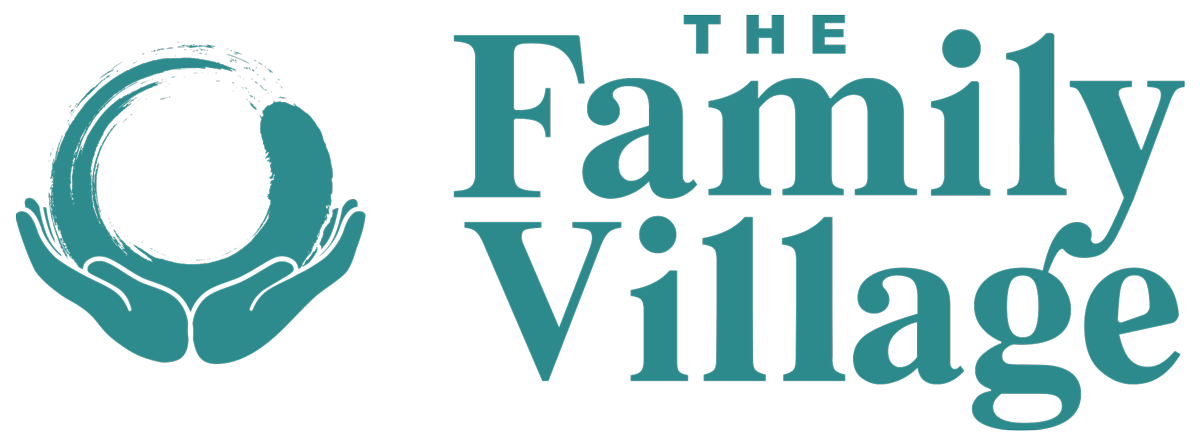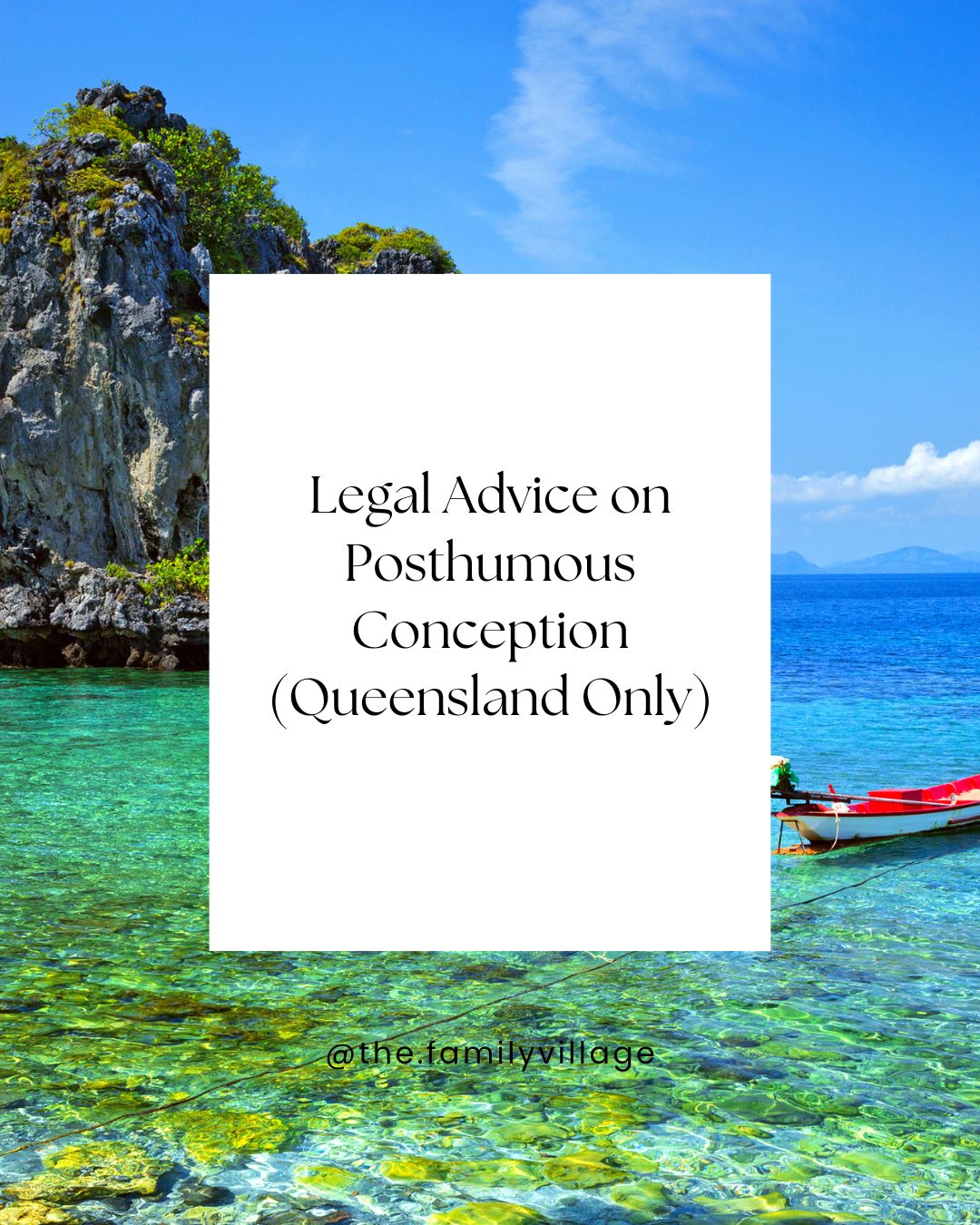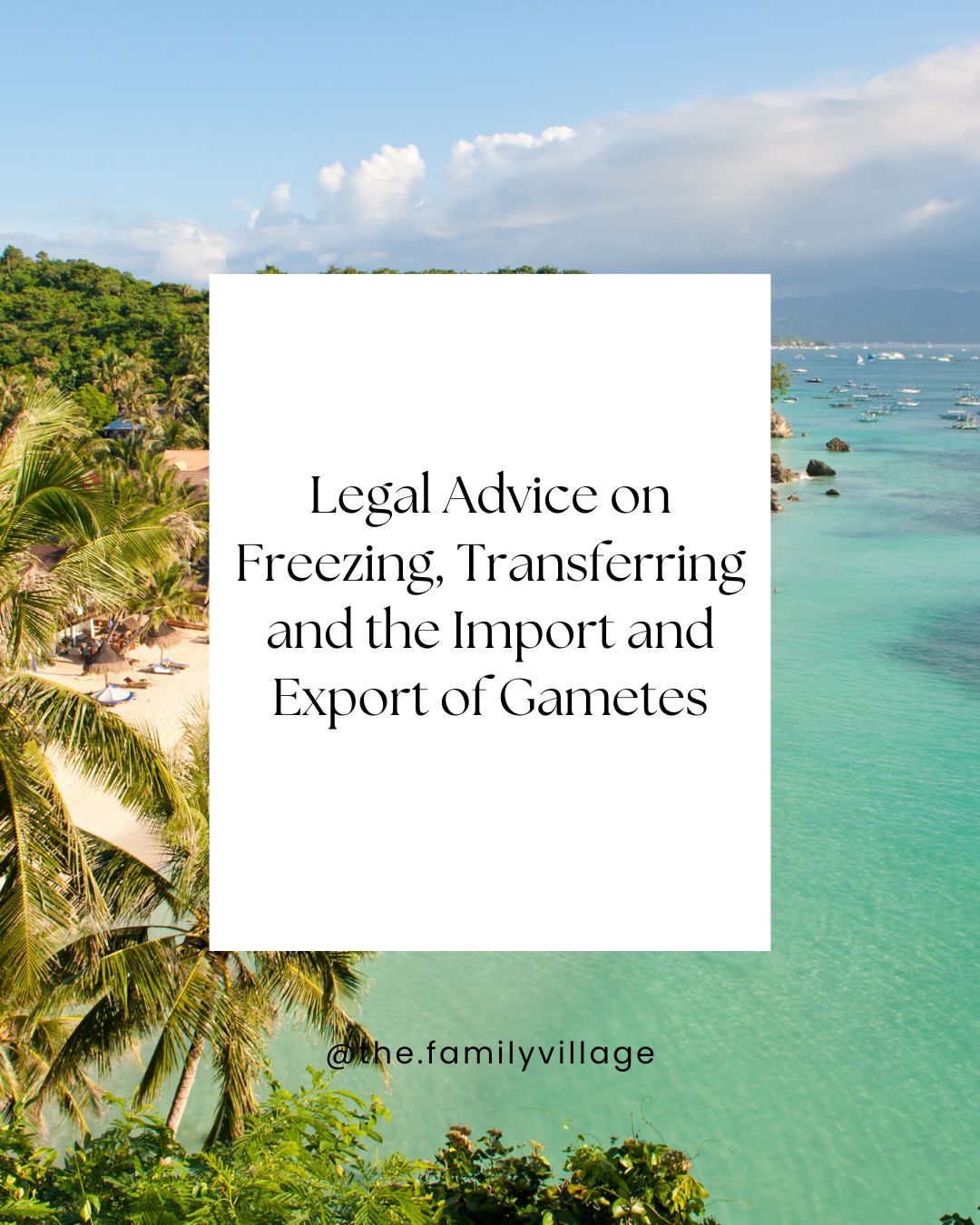Posthumous Use of Gametes: Legal Framework in Queensland
Retrieving Gametes After Death or Incapacitation
In Australia, there have been several court decisions dealing with requests to collect and preserve reproductive material from a recently deceased or dying individual. These cases often arise when a surviving partner wishes to use the material for future assisted reproductive treatment (ART) which may include freezing and transfers of embryos.
A key case in Queensland, Re Cresswell [2019] 1 QD R 403; [2018] QSC 142, permitted the removal of reproductive cells from a deceased individual. The Supreme Court allowed the collection under the Transplantation and Anatomy Act 1979 (Qld)—legislation that regulates the donation and removal of human tissue. However, the Court clarified that decisions about using the material for ART would rest with fertility providers, who must comply with the ethical guidelines issued by the National Health and Medical Research Council (NHMRC).
For more information on how clinics and providers are involved in decisions like this, see our page on Legal Advice – IVF and ART Clinic Providers.
How the Law Has Changed: The ART Act 2024
Since that decision, the Assisted Reproductive Technology Act 2024 (Qld) has introduced clearer legal requirements for posthumous conception, setting out when and how gametes may be collected and used after a person’s death or incapacitation.
Section 32 of the ART Act makes it clear that gamete retrieval from a deceased or unresponsive person is no longer governed by the Transplantation and Anatomy Act. Instead, it must strictly follow the procedures outlined in the ART Act.
Under Section 29, gametes may only be collected if:
- The person retrieving them is a medical practitioner (or is acting under their supervision), and
- The purpose is to use the gametes in ART for the benefit of the deceased or unresponsive person’s spouse.
These rules connect closely with the processes around freezing, transferring, importing and exporting gametes. See Legal Advice – Freezing and Transfers of Embryos, Import and Export of Gametes for more detail.
Consent Requirements
The ART Act does not require written consent to proceed with retrieval in every situation. It provides two pathways where retrieval may be legally authorised:
- If there is evidence that the person consented during their lifetime to having their gametes used in treatment for their spouse; or
- If the person did not object to such use, and it can be reasonably shown that they would have supported posthumous use of their gametes for their spouse.
This offers flexibility in situations where there may not have been formal consent in writing, but there is no clear opposition and a strong likelihood of support. These rules touch on IVF clinic-level consent practices as well. For a guide to how IVF works—from consent to treatment stages—see our In-Vitro Fertilisation (IVF) page.
Who Can Make the Request
According to Section 30, a request to retrieve gametes from a deceased or unresponsive person may be made by:
- The person’s spouse, or
- In limited, exceptional situations, by a family member of the deceased or their spouse.
These exceptions might apply if the spouse is unable to make an informed decision due to incapacity or cannot be reached after reasonable efforts.
Approval by Independent Review Body
Before the retrieved material can be used in an ART procedure, it must be approved by an independent review body, as required under Section 31(3). The review panel must take into account several important factors, including:
- Whether the spouse has the capacity to give informed consent
- Whether the spouse has received appropriate counselling
- The overall wellbeing and future of any child who may be born as a result, including:
- The spouse’s ability to meet the emotional, developmental, and practical needs of a child
- Whether the child is likely to have a stable and safe home environment
- Any other relevant considerations the review body deems important
Next Steps and Legal Advice
Navigating the legal and ethical issues surrounding posthumous reproduction can be emotionally and legally complex. If you are considering pursuing the retrieval or use of gametes from a deceased or unresponsive partner, we strongly encourage you to seek professional legal guidance tailored to your circumstances. You may also find helpful resources on our website.
This article does not contain legal advice. It has been created for information sharing purposes only on the services provided by our firm. If you require legal advice in relation to the issues raised in this blog, please make an appointment with our office.
If you require legal assistance in relation to this area, please email us at hello@thefamilyvillage.com.au or make an appointment using the link below.




